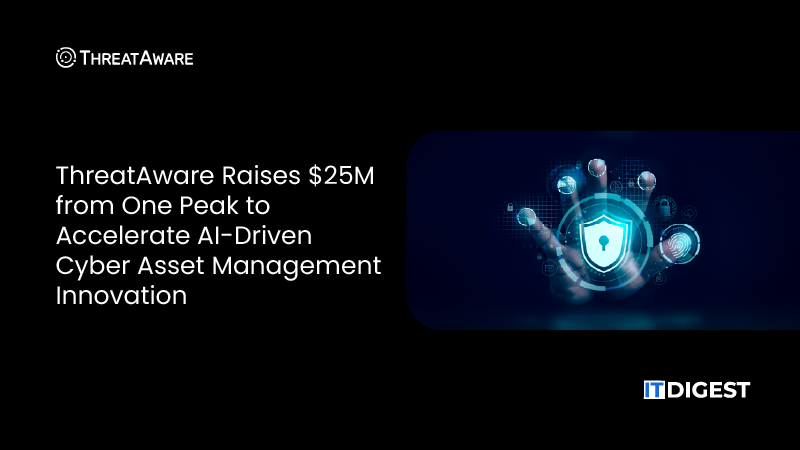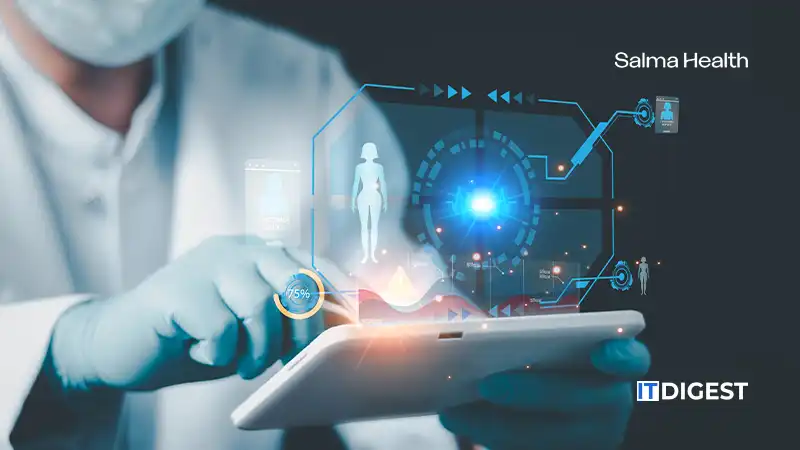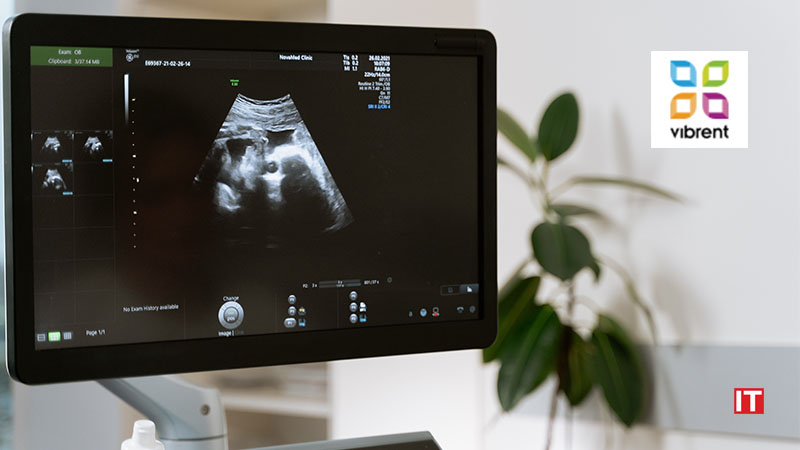Precision medicine initiative leverages innovative technologies and unprecedented 80% diverse participant base to drive new research aiming to support novel medical discoveries
“Until now, over 90% of participants from large genomics studies have been of European descent. The lack of diversity in research has hindered scientific discovery,” said Josh Denny, M.D., chief executive officer of the All of Us Research Program. “All of Us participants are leading the way toward more equitable representation in medical research through their involvement. And this is just the beginning. Over time, as we expand our data and add new tools, this dataset will become an indispensable resource for health research.”
The Participant Technology Systems Center is the platform that facilitates participant consent to donate their biosamples. It also provides the participants access to their genomics results from the program to participants. The PTSC platform collects required digital health data including clinical, lifestyle, and wearable data that is used in conjunction with participants’ genomic data for precision health research. The Vibrent Health Digital Health Research Platform provides capabilities for eConsent, online-anywhere access, multi-language capabilities, computer assisted telephone interviewing (CATI), appointment scheduling for biospecimens, and easy-to-understand language and interfaces to help researchers recruit and engage diverse participants.
“Providing diverse genomic data to researchers represents a significant step forward for the field of genomics and digital health research and will ultimately advance health equity,” said Praduman “PJ” Jain, CEO of Vibrent Health. “The technology advances in health research have helped to make participation easier and more accessible for many people and communities.”
Historically, many communities, including racial and ethnic minorities, those who live in rural areas, and LGBTQ+ people, have often been left out of biomedical research. Because of this, researchers and health providers know less about the health of those historically underrepresented populations, resulting in potentially less effective prevention and treatment strategies.
As with all data in the Researcher Workbench, no direct participant identifiers are included, to protect participant privacy. To get access, researchers must get sign-off from their institutions, complete training, and sign agreements for responsible data use. Once registered, researchers can use the data for a wide range of studies.
“A unique feature of advanced digital health research tools is the broad accessibility of data to researchers wherever they are,” said Jain. “Technology has made it easier for researchers to share data and collaborate, which is a benefit to all of science.”
About Vibrent Health
Vibrent Health develops digital health technology and research tools for health organizations, researchers and research participants. Powering the next generation of precision medicine,
































